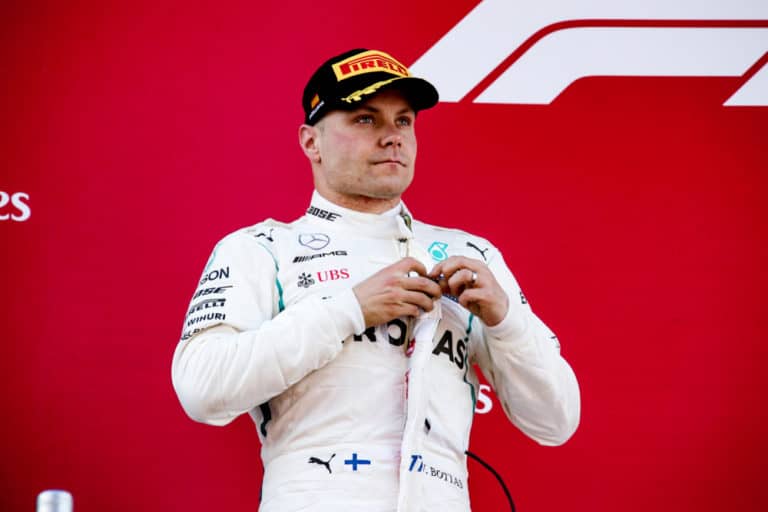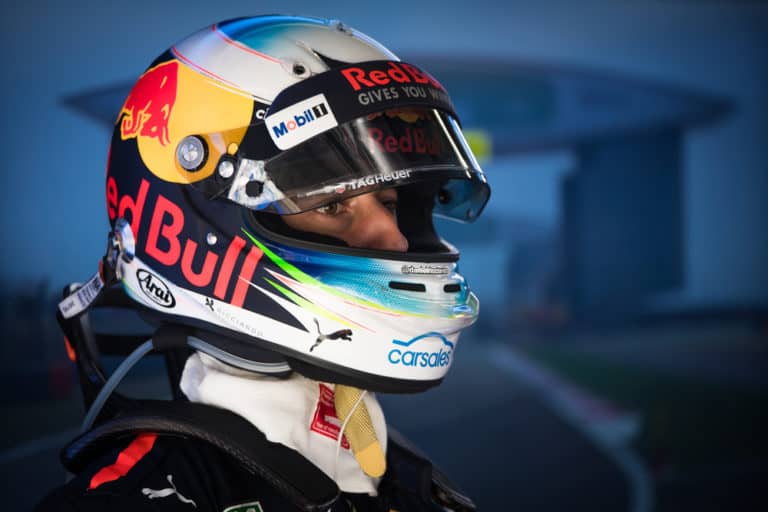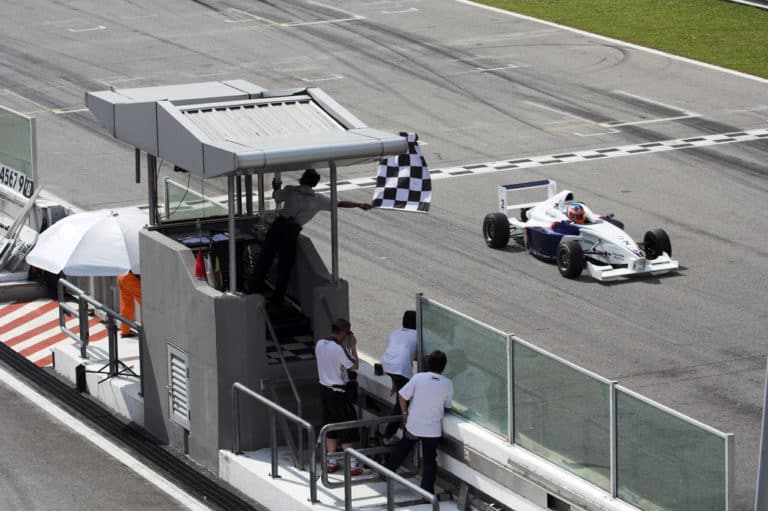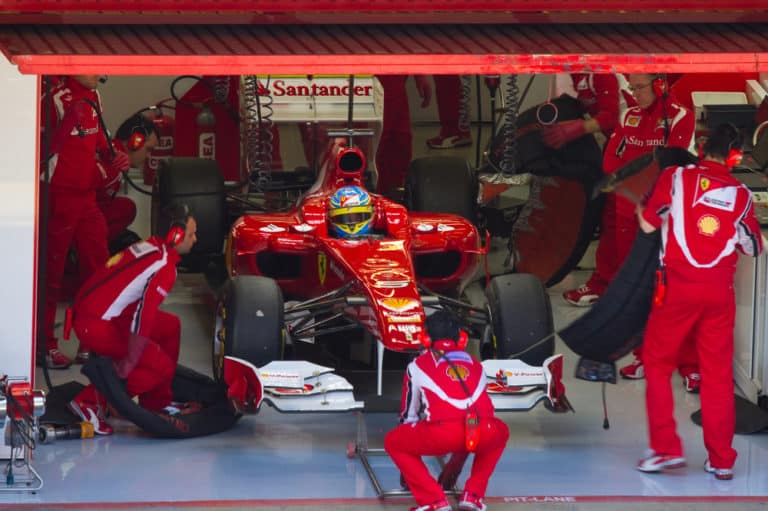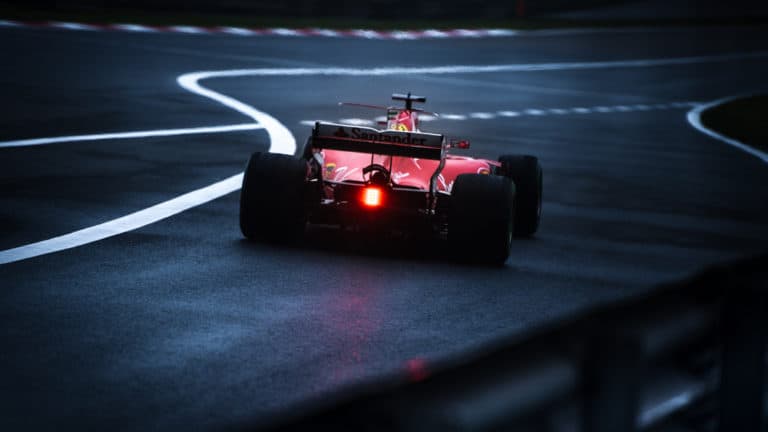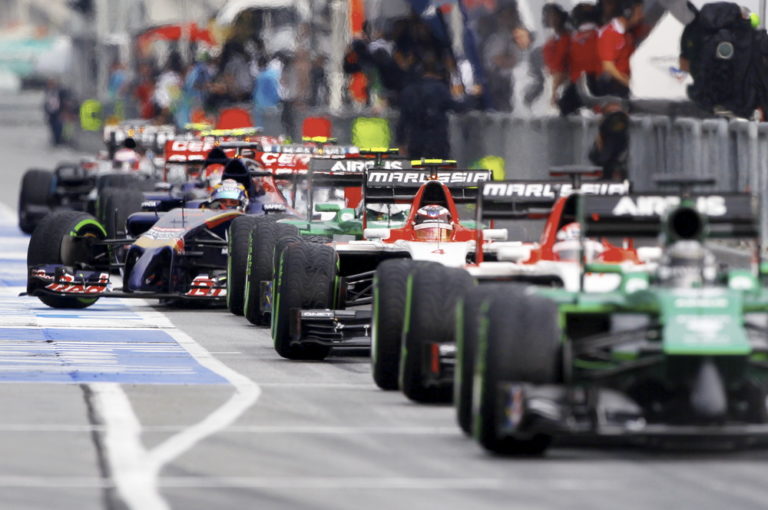The 2022 F1 season is set to start on 18 March, and it is undoubtedly going to be an entertaining season. There are many great tracks the teams will be racing at, such as Spa, Zandvoort, and Suzuka, but no German Grand Prix. So, does Formula 1 race at the Nurburgring?
Formula 1 races were held at the famous Nurburgring Nordschleife (Northern Loop) from 1950 to 1976. The race moved to the adjoined Nurburgring GP-Strecke (GP Track) from 1985 onwards. The last Formula 1 race at the Nurburgring was in 2020 and was won by Sir Lewis Hamilton in the Mercedes.
The Nurburgring is a genuinely fantastic race track. It is full of rich racing history and Formula 1 moments that will not be forgotten any time soon. Read on to learn more about Formula 1 races at the Green Hell.
Does F1 Still Race At The Nurburgring?
Formula 1 will not have a race at the Nurburgring in 2022, but there are possibilities that it may see a return in the next two years. The last Formula 1 race was held at the Nurburgring GP Track in 2020; this was the Eifel Grand Prix and was won by Sir Lewis Hamilton in the Mercedes.
The Nurburgring hosted Grand Prix races in the mentioned seasons under the following Grand Prix Names:
- German Grand Prix– 1950-1954, 1956-1958, 1961-1969,1971-1976, 1985, 2009, 2011 and 2013.
- European Grand Prix – 1984, 1995-1996, and 1999-2007
- Luxembourg Grand Prix – 1997-1998
- Eifel Grand Prix – 2020
The Different Nurburgring Circuits
The modern-day Nurburgring has two sections: the famous old Nordschleife (Northern Loop) and the modern GP Track (GP-Strecke). The two sections are combined into one circuit for the 24 hours of the Nurburgring endurance race. Formula 1 raced on the Nordschleife till 1976 and then switched to the GP Track from 1984 to 2020.
The Nurburgring Nordschleife
The Nordschleife hosted 22 Formula 1 races from 1951 to 1976 and was the second-longest race track in Formula 1 at 22.8 km (14.18 miles), only topped by the Pescara Circuit in Italy at 25.57km (15.89 miles)
The Classic Nordschleife initially measured 22.81 km (14.18 miles) and had 170 corners. These were mainly mere gentle kinks and curves that could be taken at full throttle. The track also offered banked corners, blind turns, and a 3km back straight. The track was very demanding on drivers and their cars. Still, the most challenging aspect was the 300m (1000 ft.) elevation change during every lap.
Formula 1 driver Clay Regazzoni holds the fastest lap record for the Nordschleife; he completed the 22.81km lap in the Ferrari 312T in 7:06.40 in 1976.
The Nordschleife is used as a public access by anyone with a driver’s license. These track sessions are called Touristenfahrten (tourist drives).
The Nurburgring GP-Strecke (GP-Track)
The Modern GP Track was launched in 1984 with the European Grand Prix and hosted the 1985 German Grand Prix. It then fell off the F1 Calendar until its return in 1995 till 2013, with the last race being held in 2020.
The Nurburgring GP-Track is nothing like the Nordschleife, instead featuring smooth level tarmac, tight corners, and a fast uphill section. The GP-Track is 5.14km (3.199 miles) long and uses an original part of the old track for the main straight. The circuit features 16 turns, with the turns 9 and 10 named after 7-time World Champion Michael Schumacher.
Max Verstappen has the fastest lap record for the Nurburgring GP Track; he completed the 5.14km lap in the Red Bull RB16 in 1:28.13 in 2020.
The Nurburgring – Green Hell
For various reasons, the Nurburgring Nordschleife has been known as the “Green hell.” The first is the lush, beautiful green Eifel Forest surrounding the new grueling 20.4km (12.93 miles) track. The second is a much more surreal reason. The Nordschleife has been the scene of many accidents and drivers who passed away at the circuit.
The Nurburgring does not release the actual figure for the fatalities on the track. Although It is uncommon for deaths to occur during sanctioned races, there are numerous track closures during the Touristenfahrten for accidents and damage to the track.
Jeremy Clarkson from Top Gear and The Grand Tour noted in 2004 that over 200 people had lost their lives on the Nordschleife since 1985. Police reports estimate between 3 and 12 fatalities in the Touristenfahrten every year.
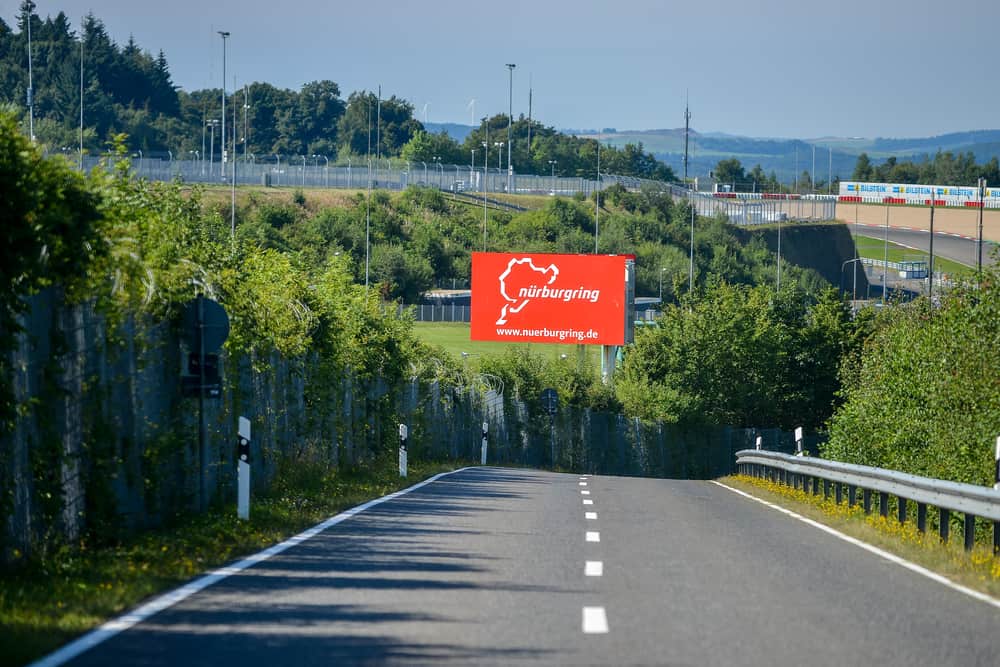
The Famous Niki Lauda F1 Crash At The Nurburgring Nordschleife
In 1975 Niki Lauda became the first person to lap the Nordschleife in under 7 minutes. Although Lauda was the fastest driver, he attempted to boycott the 1976 German Grand Prix due to safety concerns. Laude was not satisfied with the number of fire marshals or their fire fighting equipment at the circuit. Still, he could not rally enough support from his fellow drivers to accomplish this.
On 1 August 1976, Niki Laude was on his second lap. When Laude entered the very fast left-hand kink at the “Bergwerk” section, his Ferrari lost grip at the rear tires and swerved uncontrollably, pushing the car into the embankment. The impact forced the Ferrari back onto the track, where it made contact with Brett Lunger’s Surtees–Ford and burst into flames.
Brett Lunger was able to climb out of his car, but Niki Lauda was trapped in the burning race car. Another driver Arturo Merzario stopped at the accident scene and rushed over to help pull Laude from the Wreckage. Niki Lauda survived the accident with severe burns and injuries. Niki Lauda returned to Formula 1 and won the 1977 F1 World Championship.
Conclusion
The Nurburgring is split into two sections, the Nordschleife, a 22.8km (>1958 length) long track with over 170 corners and 300m elevation, and the GP Track, a 5.14km long track with 16 turns. The two-track sections are joined together for the 24 hours of the Nurburgring endurance race.
Formula 1 started racing at the Nurburgring Nordschleife from 1950 to 1976 and then switched to the modern GP Track from 1985 onwards. The last Formula 1 race at the Nurburgring GP Track was in 2020.
The Nurburgring has a great history with Formula 1, even though there has not been a race at the circuit for the past two years. The Green Hell will be calling for its return soon.
References

